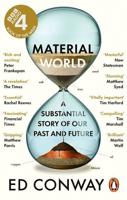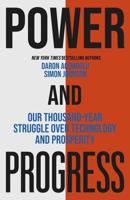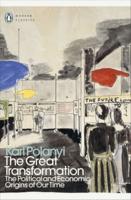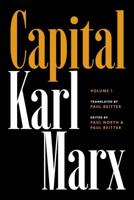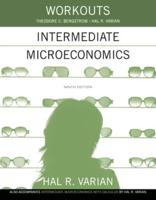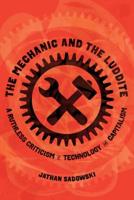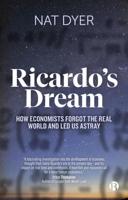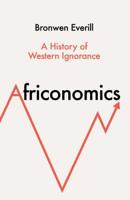Publisher's Synopsis
Essay from the year 2019 in the subject Economics - Monetary theory and policy, course: Young Economist of the Year 2019 Competition, language: English, abstract: Previous UBI-comparable initiatives, such as the negative income tax initiatives in the US and Kela's Basic Income Experiment in Finland, have shown negligible improvement - if not negative effect - on worker's employability. Backed by quantitative evidence, this paper suggests that the education of unskilled workers, rather than a Universal Basic Income, is a better means of mitigating the impact of automation. SB Ekhad's "The Flamboyant Partridge" had been on the bestselling list last year. Eager to meet the writer at the Oxford Literary Festival, his fans were shocked to discover that their revered author was "a stack of computer hardware fronted by a screen that flickered on to reveal a human-like avatar face". SB Ekhad was, in fact, 3B1, an AI machine created by the University of Oxford's Mathematical Institute. This incident embodies the automation that threatens to replace human jobs. With the cost of implementation shrinking and robot-to-workers ratio skyrocketing, the effects of automation on our economy and society are more palpable than ever. According to an Oxford University study, 47% of jobs could be fully executed by machines "over the next decade or two". Across all industries, the risk posed by automation on the workforce is of great concern, with more severe impacts on manufacturing-focused developing countries like China, where 77% of jobs are forecasted to be replaced by automation.

